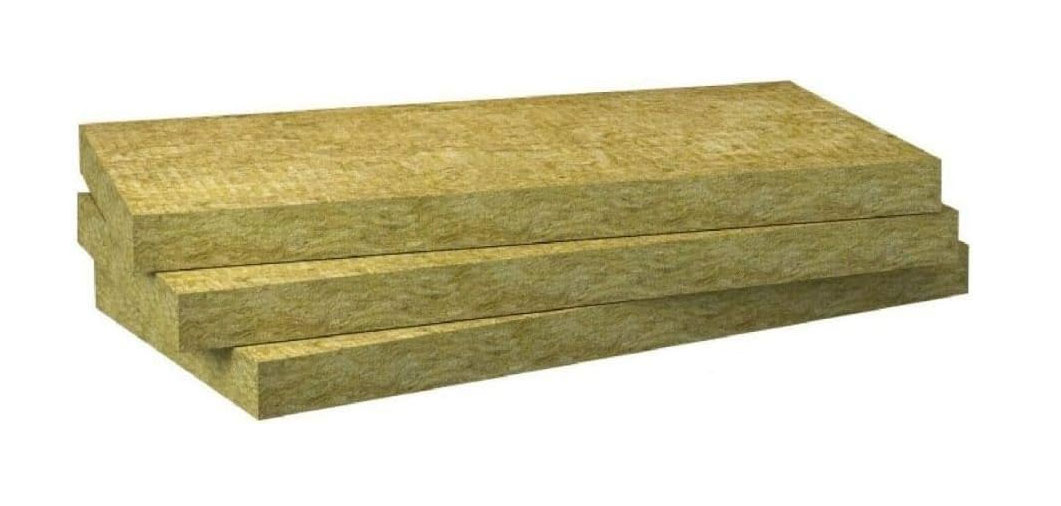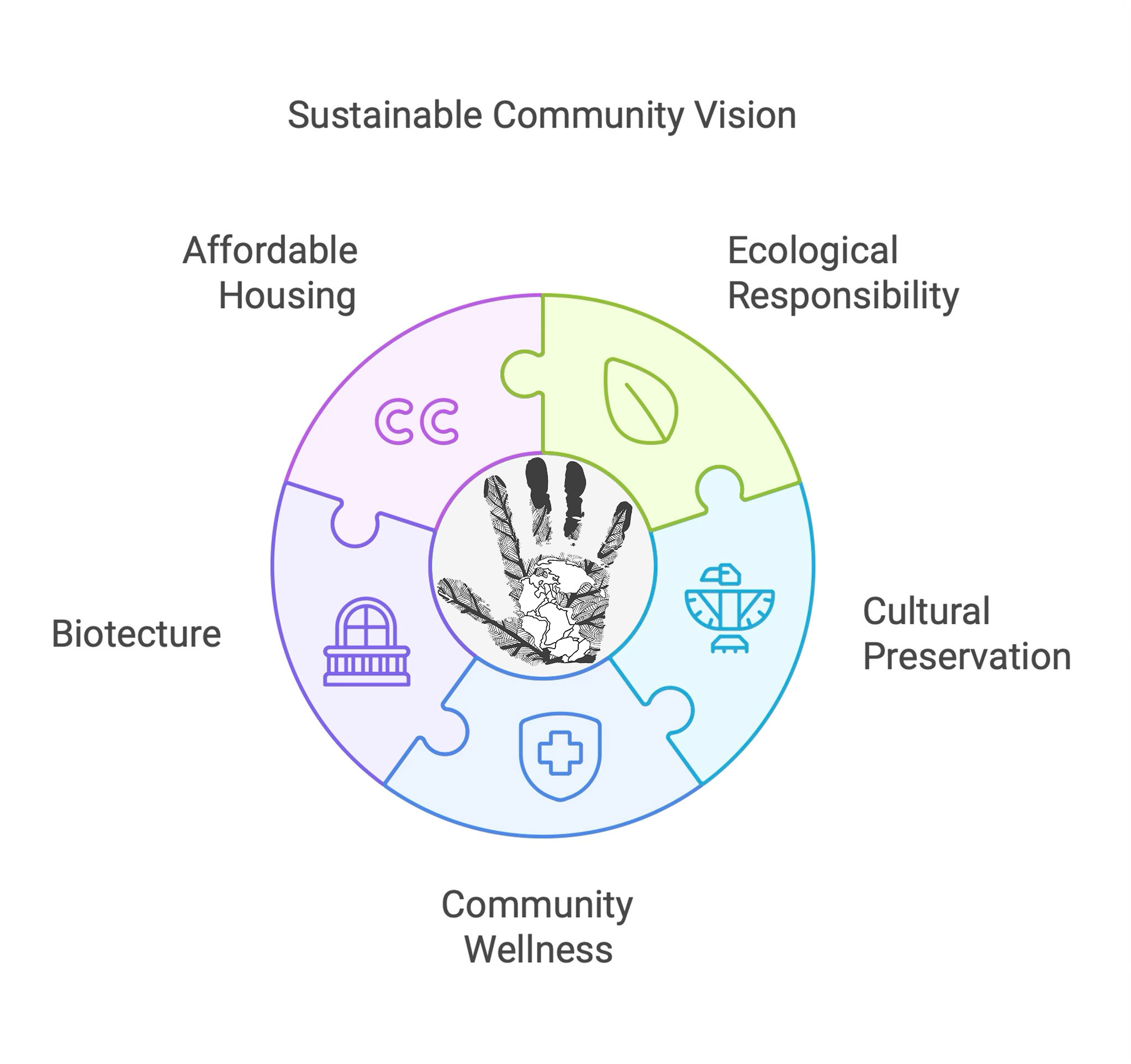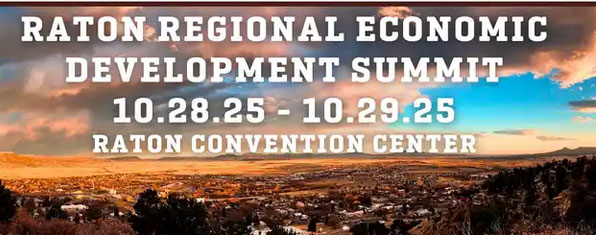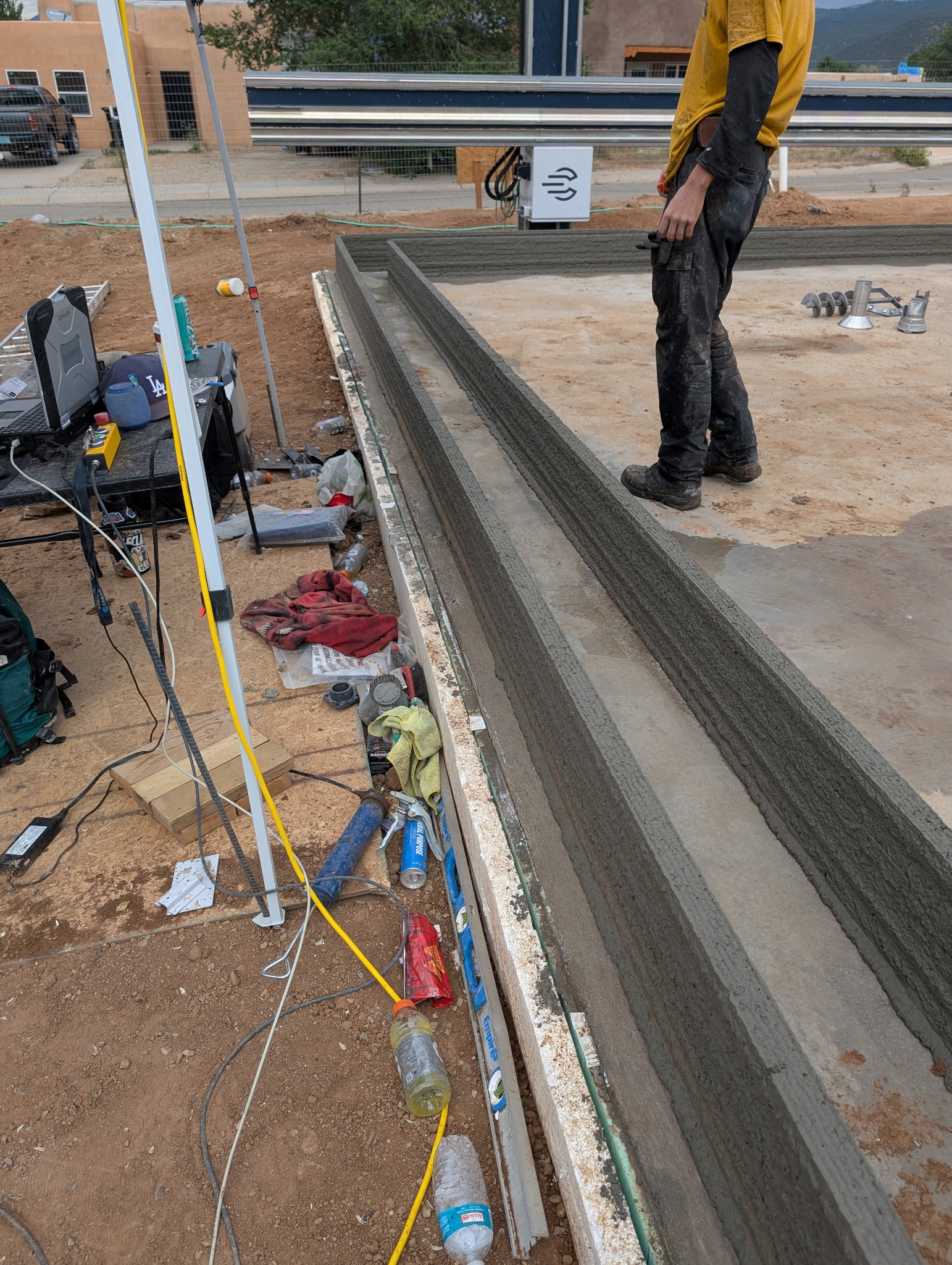In the aftermath of yet another devastating hurricane season, Florida finds itself grappling with the staggering loss of homes, infrastructure, and communities. This isn’t just a time for rebuilding—it’s a time to rethink how we build, to reshape our future in the face of the undeniable reality of stronger, more frequent natural disasters.
A Moment for Change
While it’s natural to want to restore what was lost, we must acknowledge that rebuilding the same way, using the same methods, will only leave us vulnerable to the next storm. Now is the time to consider resilient, sustainable, and off-grid housing solutions. This shift is not about taking advantage of tragedy, but about recognizing that we cannot afford to continue building in ways that are not designed to withstand the growing power of hurricanes.
Sustainable, Resilient, and Off-Grid Homes: A Proven Solution
Over the past 40 years, we have developed sustainable, off-grid homes specifically designed to endure natural disasters. These homes, tested in a variety of extreme conditions, are built with materials and designs that can withstand hurricanes, floods, and other environmental challenges. Unlike conventional homes that rely heavily on the grid for power and water, these structures are self-sustaining, equipped with rainwater harvesting systems, renewable energy sources, and natural cooling and heating methods.
By reducing dependency on external resources, off-grid homes not only provide security during a crisis but also offer long-term environmental and economic benefits. And the impact extends beyond the immediate residents—these homes lessen the overall burden on power and water infrastructure during emergencies, which can aid in faster recovery for the broader community.
A Win-Win for Residents and Insurance Companies
From a financial perspective, resilient, off-grid homes are a win for both homeowners and insurance companies. Florida’s homeowners already pay some of the highest property insurance rates in the country, largely due to the increasing risk of storm damage. As sustainable and resilient homes prove to better withstand natural disasters, insurance premiums can be expected to stabilize, saving both insurers and residents from the financial strain of repeated claims.
A Call for Change in Codes and Regulations
For Florida to fully embrace sustainable, off-grid construction, the permitting process and building codes must evolve. Right now, many regulations favor traditional construction methods that are less sustainable and more prone to damage. Policymakers and building authorities have an opportunity—and an obligation—to encourage resilience by adopting more flexible and forward-thinking regulations that support innovative building techniques.
This shift will require collaboration between government agencies, builders, and communities. The path forward involves streamlining the permitting process for resilient, off-grid homes and offering incentives to homeowners who choose to rebuild sustainably. It is also essential to integrate education and training for local builders to ensure that these techniques can be implemented effectively across the state.
A Tested Solution for a Safer Future
Resilient, off-grid homes aren’t a theoretical concept—they’re a reality that has been in practice for decades. Pangea Design Build has spent years refining these methods and proving their worth in some of the harshest environments. The technology and knowledge exist, and these homes are ready to be built today to protect Florida’s residents from tomorrow’s storms.
Moving Forward Together
As Florida begins the long process of rebuilding after the hurricanes, we must seize this moment to build homes and communities that will stand the test of time—and the test of future storms. This isn’t just about housing; it’s about resilience, sustainability, and security. By embracing off-grid, disaster-resistant design and construction, we can protect our people, preserve our resources, and create a brighter, more secure future for all.
Let’s make this a time for change. Let’s rebuild smarter, safer, and stronger.







Leave A Comment